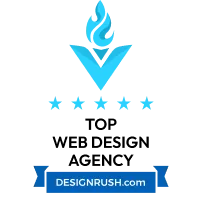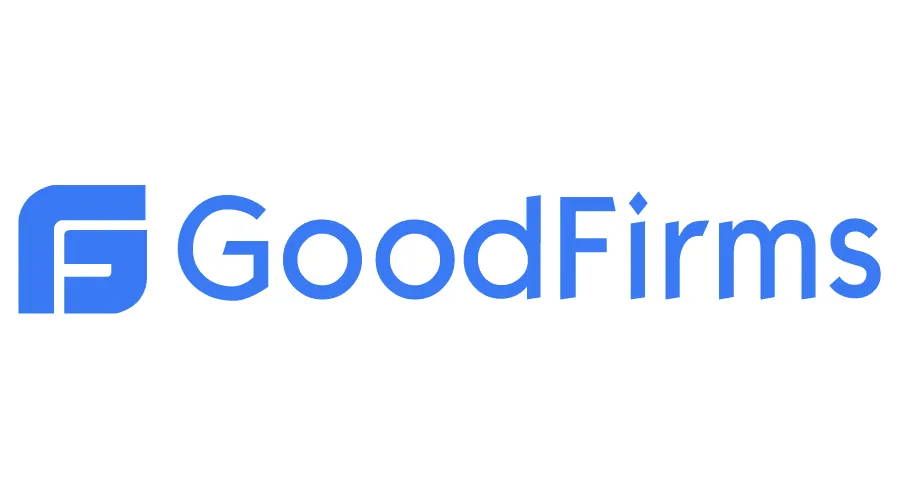- Services
- Case Studies
- Technologies
- NextJs development
- Flutter development
- NodeJs development
- ReactJs development
- About
- Contact
- Tools
- Blogs
- FAQ
CSS Border-Block-End-Style Control Logical Block-End Border
Discover available options like none, solid, dashed, and more.
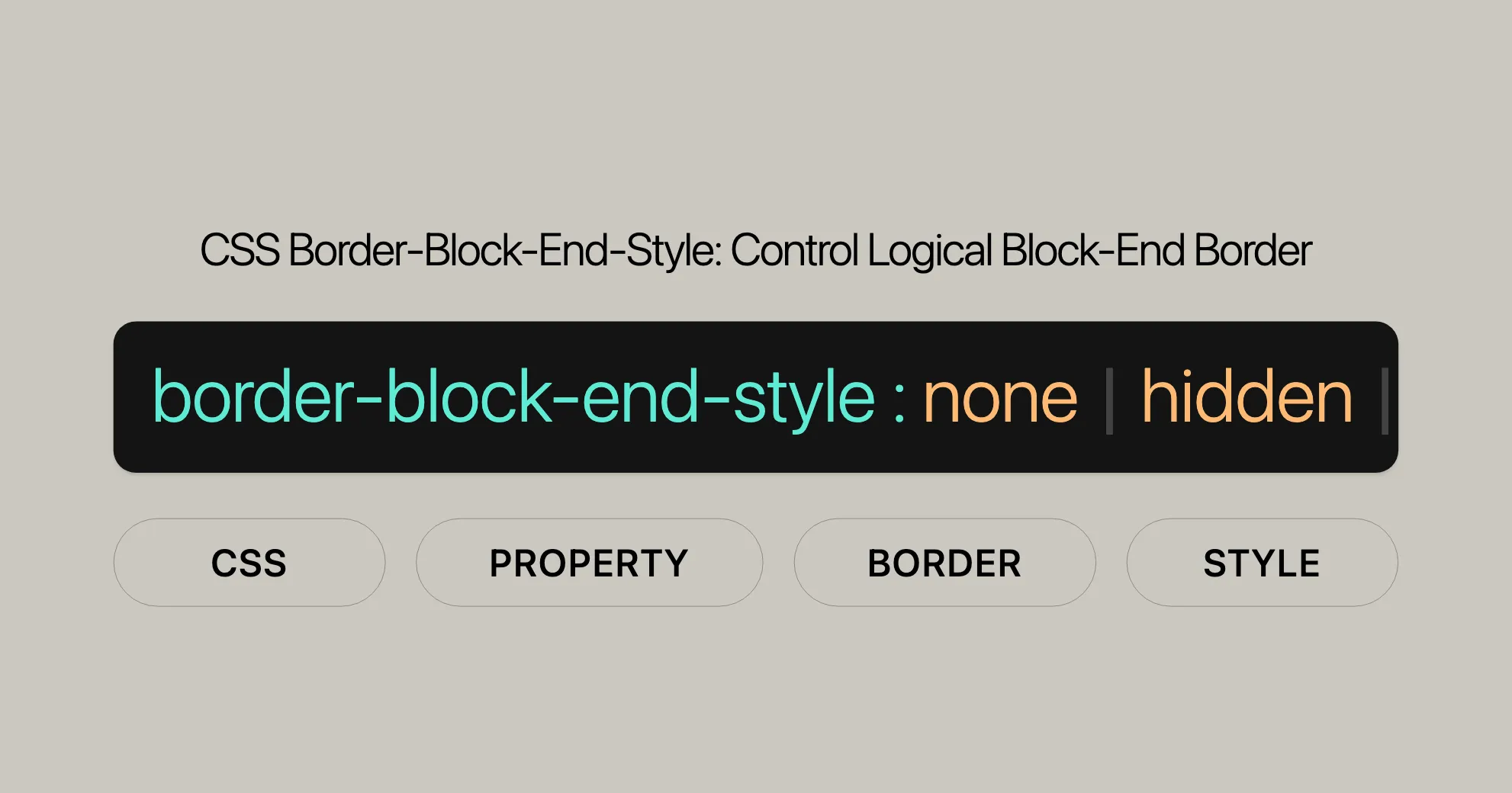
border-block-end-style CSS Property
The border-block-end-style CSS property defines the style of the logical block-end border of an element. This border style changes depending on the element’s writing mode, directionality, and text orientation. It corresponds to properties like border-top-style, border-right-style, border-bottom-style, or border-left-style based on the values of writing-mode, direction, and text-orientation.
Description and Purpose
The border-block-end-style property defines the style of the logical block-end border of an element. It allows precise control over the appearance of borders in various contexts, such as different writing modes, text orientations, and directions. This property is essential for creating visually appealing and responsive web designs.
Syntax and Values
The border-block-end-style property allows you to specify the style of the logical block-end border of an element. Here is the syntax:
border-block-end-style: <'border-style'> | inherit | initial | revert | revert-layer | unset;Values
- border-style: Defines the style of the border. Possible values include:
none: No border.hidden: Same asnone, except in terms of border conflict resolution for border-collapsed tables.dotted: A series of dots.dashed: A series of short dashes.solid: A single, solid line.double: Two solid lines.groove: Appears to be carved into the page.ridge: Opposite ofgroove. Appears to be coming out of the page.inset: Appears to be embedded in the page.outset: Opposite ofinset. Appears to be coming out of the page.
- inherit: Inherits the border style from the parent element.
- initial: Sets the border style to its initial value (
none). - revert: Resets the border style to the default defined by the browser.
- revert-layer: Resets the border style to the default defined by the browser, considering the cascade layers.
- unset: Resets the border style to its natural value, which means it behaves like
inheritif the property is inherited, or likeinitialif the property is not inherited.
Example Usage
Here is an example of how to use the border-block-end-style property in CSS:
.example { border: 5px solid blue; border-block-end-style: dashed;}In this example, the border-block-end-style property sets the style of the block-end border to dashed. This will apply a dashed border to the logical end of the block, which could be the bottom, right, or another side depending on the writing mode and text orientation.
Related Properties
The border-block-end-style property is part of a broader set of CSS properties that control the appearance of borders on HTML elements. These related properties provide comprehensive control over various border styles and positions, making it easier to create visually appealing and responsive web designs. Here are some of the key related properties:
border-block-start-style: Defines the style of the logical block-start border of an element.border-inline-start-style: Specifies the style of the logical inline-start border of an element.border-inline-end-style: Defines the style of the logical inline-end border of an element.border-top-style: Sets the style of the top border of an element.border-right-style: Sets the style of the right border of an element.border-bottom-style: Sets the style of the bottom border of an element.border-left-style: Sets the style of the left border of an element.
Formal Definition
The border-block-end-style property defines the style of the logical block-end border of an element. Here are the key characteristics:
| Property | Value |
|---|---|
| Initial Value | none |
| Applies to | All elements |
| Inherited | No |
| Computed Value | As specified |
| Animation Type | Discrete |
Formal Syntax
The formal syntax for the border-block-end-style property is as follows:
border-block-end-style = <line-style>
<line-style> = none | hidden | dotted | dashed | solid | double | groove | ridge | inset | outsetExplanation of Values
- none: No border is applied.
- hidden: Same as
none, except in terms of border conflict resolution for border-collapsed tables. - dotted: A series of dots.
- dashed: A series of short dashes.
- solid: A single, solid line.
- double: Two solid lines.
- groove: Appears to be carved into the page.
- ridge: Opposite of
groove. Appears to be coming out of the page. - inset: Appears to be embedded in the page.
- outset: Opposite of
inset. Appears to be coming out of the page.
Example Usage
Here are some examples illustrating how to use the border-block-end-style property in CSS:
Example 1: Dashed Border with Vertical Text
HTML
<div> <p class="exampleText">Example text</p></div>CSS
div { background-color: yellow; width: 120px; height: 120px;}
.exampleText { writing-mode: vertical-lr; border: 5px solid blue; border-block-end-style: dashed;}Example 2: Dotted Border on a Div
HTML
<div class="dottedBorder"> This is a sample text.</div>CSS
.dottedBorder { background-color: lightgray; width: 200px; height: 100px; border: 5px solid black; border-block-end-style: dotted;}Example 3: Double Border on a Block Element
HTML
<div class="doubleBorder"> This is a sample block element.</div>CSS
.doubleBorder { background-color: lightblue; width: 250px; height: 150px; border: 5px solid green; border-block-end-style: double;}Example 4: Groove Border on a Paragraph
HTML
<p class="grooveBorder"> This is a sample paragraph with a groove border.</p>CSS
.grooveBorder { background-color: lightgreen; width: 300px; height: 100px; border: 5px solid red; border-block-end-style: groove;}Summary
The border-block-end-style property is an essential tool in CSS for defining the style of the logical block-end border of an element. By following the formal syntax and understanding the various values, developers can achieve precise and consistent styling of borders in their web designs. This property is widely supported and compatible with many devices and browser versions, making it a reliable choice for enhancing the visual appearance of web elements.
For more information on the border-block-end-style property, including detailed examples and compatibility, refer to the full documentation.
Specifications
The border-block-end-style property is defined in the CSS Logical Properties and Values Level 1 specification.
Browser Compatibility
The border-block-end-style property is widely supported across many devices and browsers. It has been available since September 2021.
For more information on compatibility, refer to detailed documentation and full compatibility tables.
Related Resources
- CSS Logical Properties and Values
- Physical Border Properties
- Writing Mode, Direction, and Text Orientation
These resources provide additional context and information on how to use the border-block-end-style property effectively in your web designs.
See Also
For more information on related topics and properties, check out these resources:
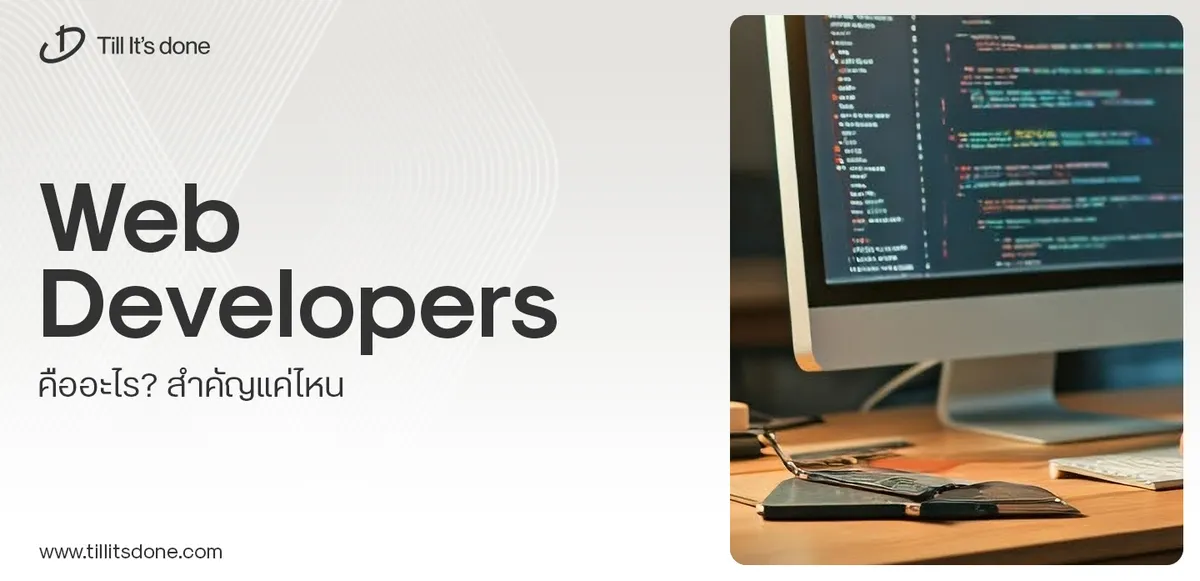 Web Developers คืออะไร? สำคัญแค่ไหน Web Developer คืออาชีพที่มีทักษะด้านโปรแกรมมิ่ง และมีการเรียนรู้ในเทคโนโลยีใหม่ ๆ เพื่อพัฒนางานอย่างต่อเนื่อง และมีความสำคัญกับธุรกิจในยุคดิจิตัลแบบนี้เป็นอย่างมาก
Web Developers คืออะไร? สำคัญแค่ไหน Web Developer คืออาชีพที่มีทักษะด้านโปรแกรมมิ่ง และมีการเรียนรู้ในเทคโนโลยีใหม่ ๆ เพื่อพัฒนางานอย่างต่อเนื่อง และมีความสำคัญกับธุรกิจในยุคดิจิตัลแบบนี้เป็นอย่างมาก 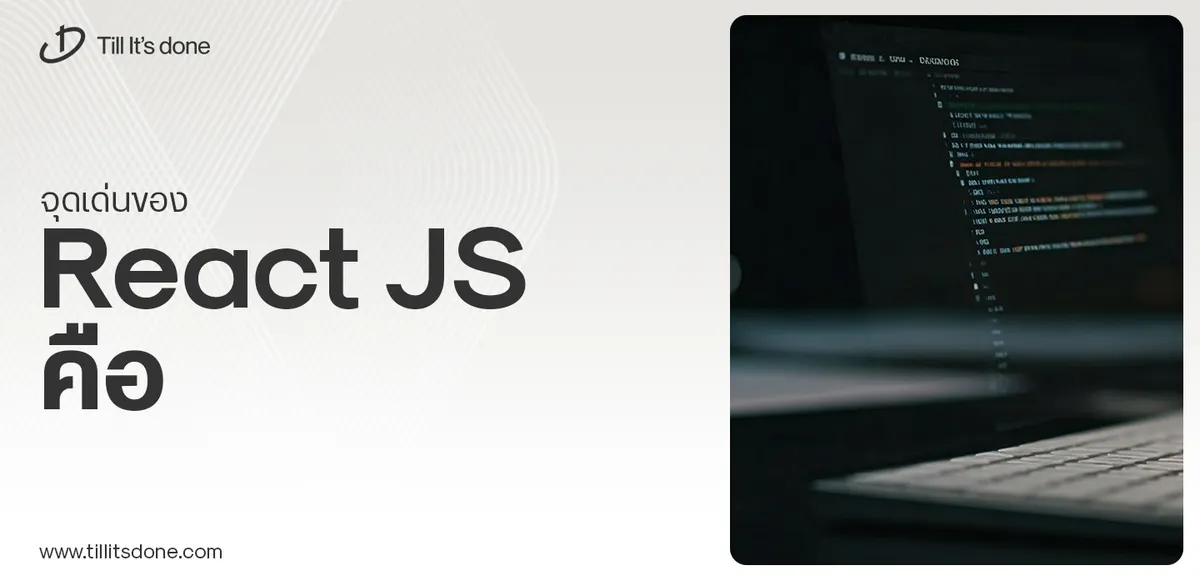 จุดเด่นของ React JS คือ ดียังไงกับการทำ Mobile App React JS เป็นไลบรารีที่สนับสนุนการพัฒนาแอปพลิเคชันแบบ Single Page พร้อมรองรับการสร้างแอปบนมือถือด้วย React Native แต่ทำอย่างไร มาดูกันครับ
จุดเด่นของ React JS คือ ดียังไงกับการทำ Mobile App React JS เป็นไลบรารีที่สนับสนุนการพัฒนาแอปพลิเคชันแบบ Single Page พร้อมรองรับการสร้างแอปบนมือถือด้วย React Native แต่ทำอย่างไร มาดูกันครับ 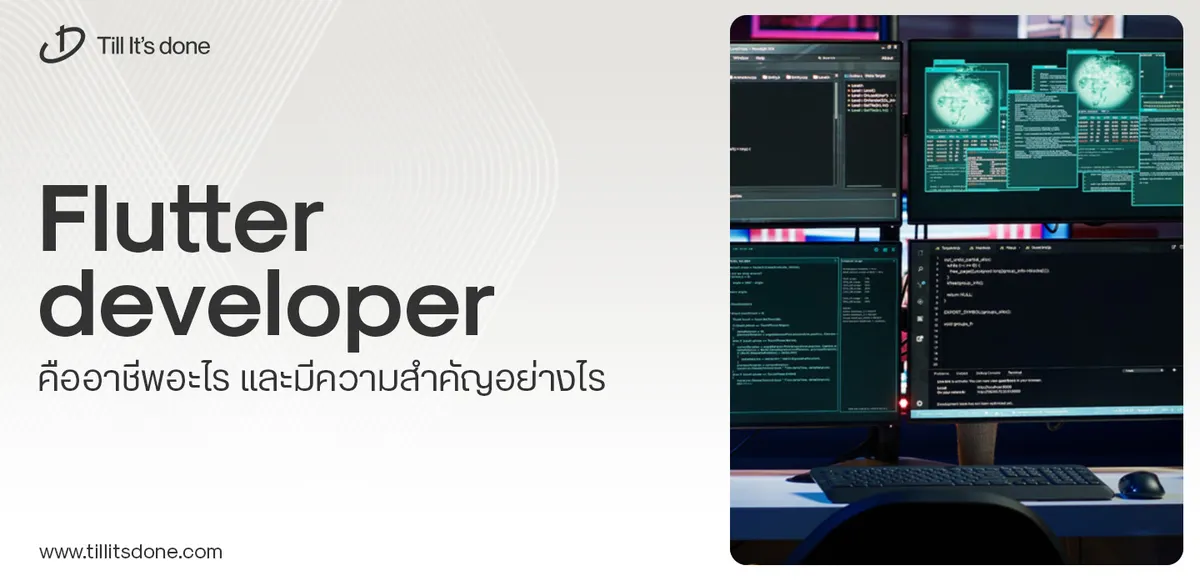 Flutter คืออะไร ฟรีมั้ย การพัฒนาแอปพลิเคชันในยุคดิจิทัลนี้ Flutter ได้กลายเป็นหนึ่งในเครื่องมือที่ได้รับความนิยมอย่างมากในวงการ แล้ว Flutter คืออะไร แล้วใช้งานฟรีหรือไม่?
Flutter คืออะไร ฟรีมั้ย การพัฒนาแอปพลิเคชันในยุคดิจิทัลนี้ Flutter ได้กลายเป็นหนึ่งในเครื่องมือที่ได้รับความนิยมอย่างมากในวงการ แล้ว Flutter คืออะไร แล้วใช้งานฟรีหรือไม่?  อยากสร้าง Mobile App จะเลือกใช้โปรแกรมเขียน Mobile App การเลือกโปรแกรมเขียน Mobile App มีเครื่องมือกับภาษาอะไรให้เลือกใช้งานกันมากมาย ควรพิจารณาอย่างไรเพื่อให้มีประสิทธิภาพและตรงตามความต้องการของโปรเจกต์
อยากสร้าง Mobile App จะเลือกใช้โปรแกรมเขียน Mobile App การเลือกโปรแกรมเขียน Mobile App มีเครื่องมือกับภาษาอะไรให้เลือกใช้งานกันมากมาย ควรพิจารณาอย่างไรเพื่อให้มีประสิทธิภาพและตรงตามความต้องการของโปรเจกต์  Next.js คืออะไร? มาเริ่มเขียนเว็บด้วย Next.js กันดีกว่า Next.js เป็น Framework สำหรับสร้างเว็บไซต์ด้วย React ที่ช่วยให้สามารถสร้างเว็บไซต์ที่มีประสิทธิภาพและใช้งานได้จริง และรองรับ SEO ได้ดีขึ้นอีกด้วย
Next.js คืออะไร? มาเริ่มเขียนเว็บด้วย Next.js กันดีกว่า Next.js เป็น Framework สำหรับสร้างเว็บไซต์ด้วย React ที่ช่วยให้สามารถสร้างเว็บไซต์ที่มีประสิทธิภาพและใช้งานได้จริง และรองรับ SEO ได้ดีขึ้นอีกด้วย  รู้จักกับ บริษัท Software House คืออะไร ทำอะไรบ้าง Software House คือศูนย์บริการที่ครบวงจรในการพัฒนาเทคโนโลยี ช่วยสนับสนุนธุรกิจในยุค 4.0 และสร้างโอกาสใหม่ ๆ ในตลาดการแข่งขันที่มีการเปลี่ยนแปลงอย่างรวดเร็ว
รู้จักกับ บริษัท Software House คืออะไร ทำอะไรบ้าง Software House คือศูนย์บริการที่ครบวงจรในการพัฒนาเทคโนโลยี ช่วยสนับสนุนธุรกิจในยุค 4.0 และสร้างโอกาสใหม่ ๆ ในตลาดการแข่งขันที่มีการเปลี่ยนแปลงอย่างรวดเร็ว Talk with CEO
We'll be right here with you every step of the way.
We'll be here, prepared to commence this promising collaboration.
Whether you're curious about features, warranties, or shopping policies, we provide comprehensive answers to assist you.

